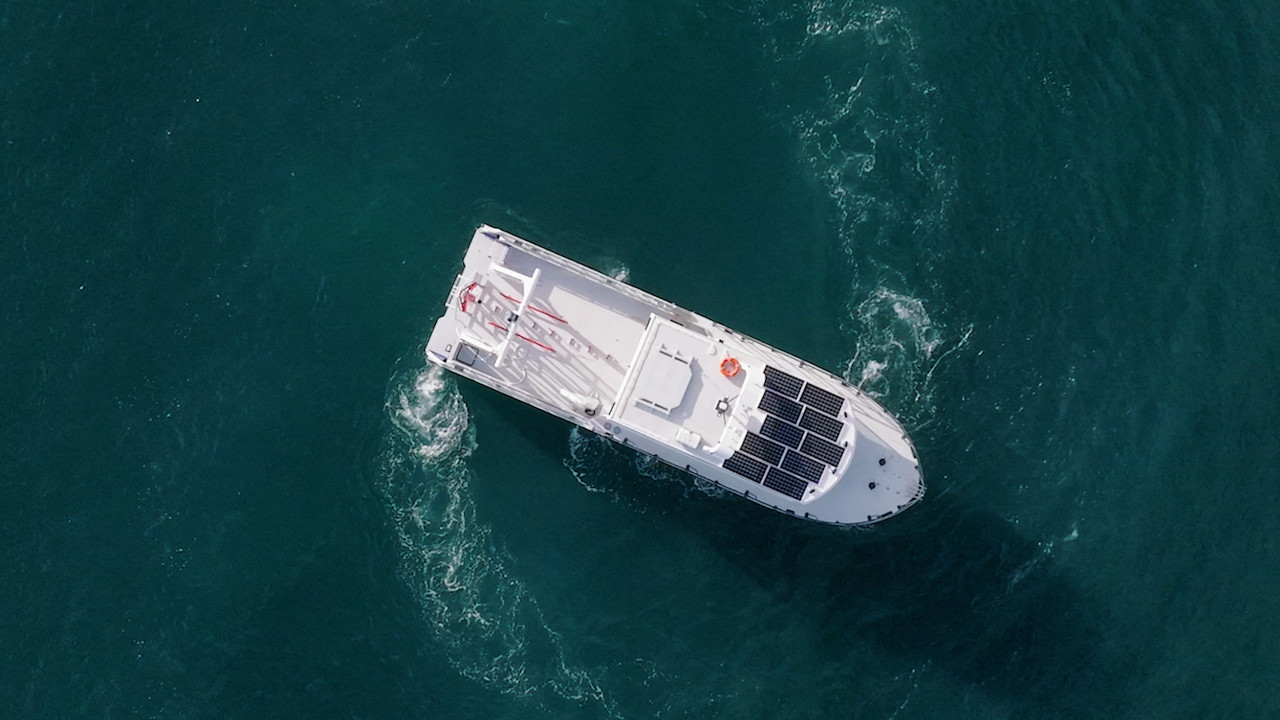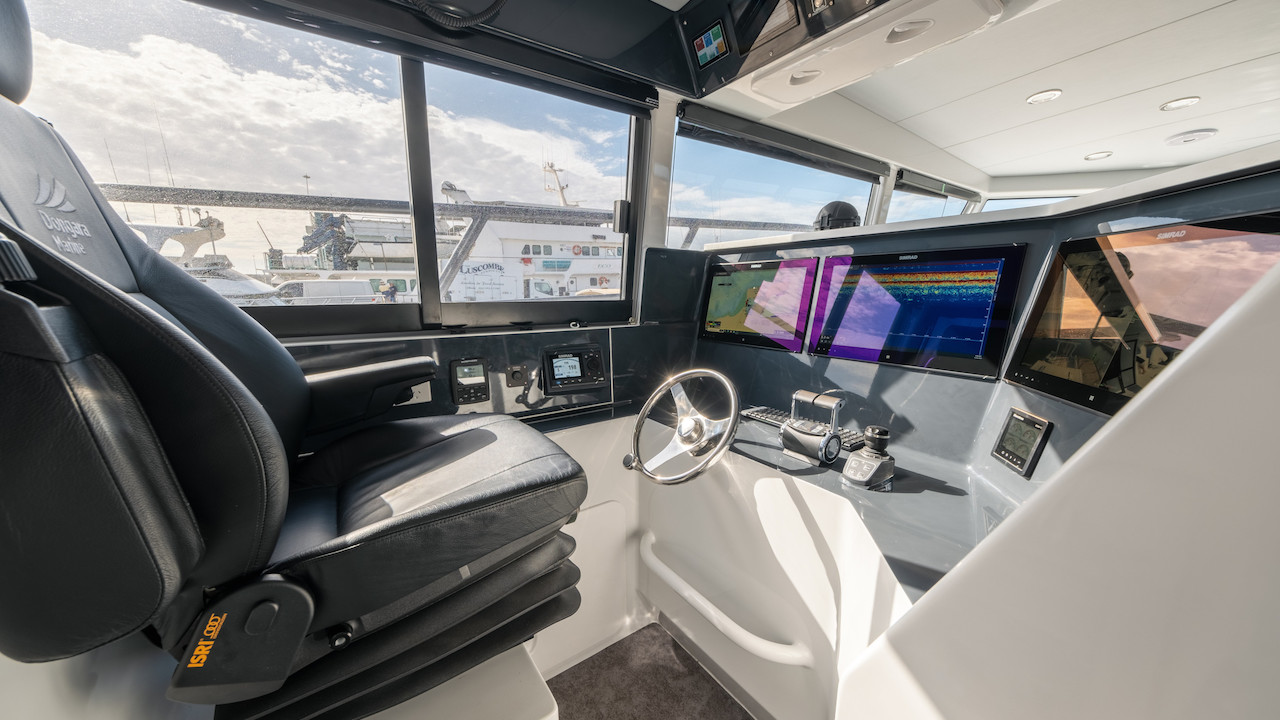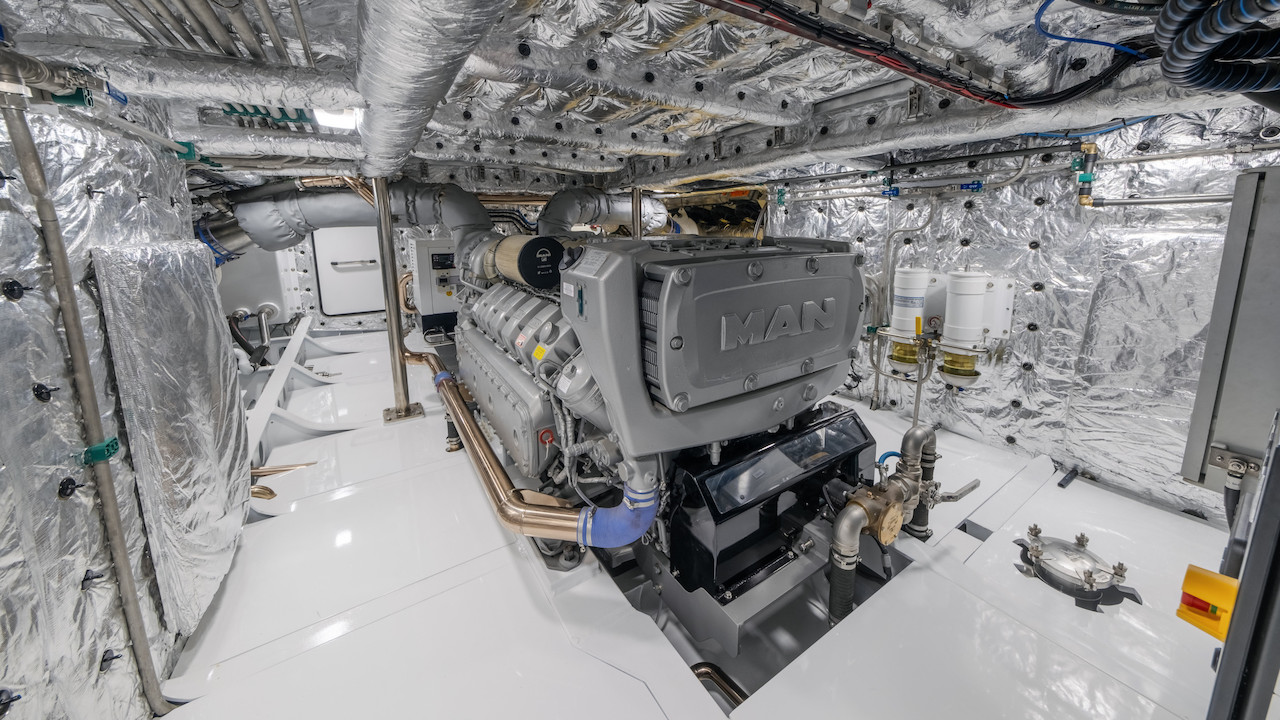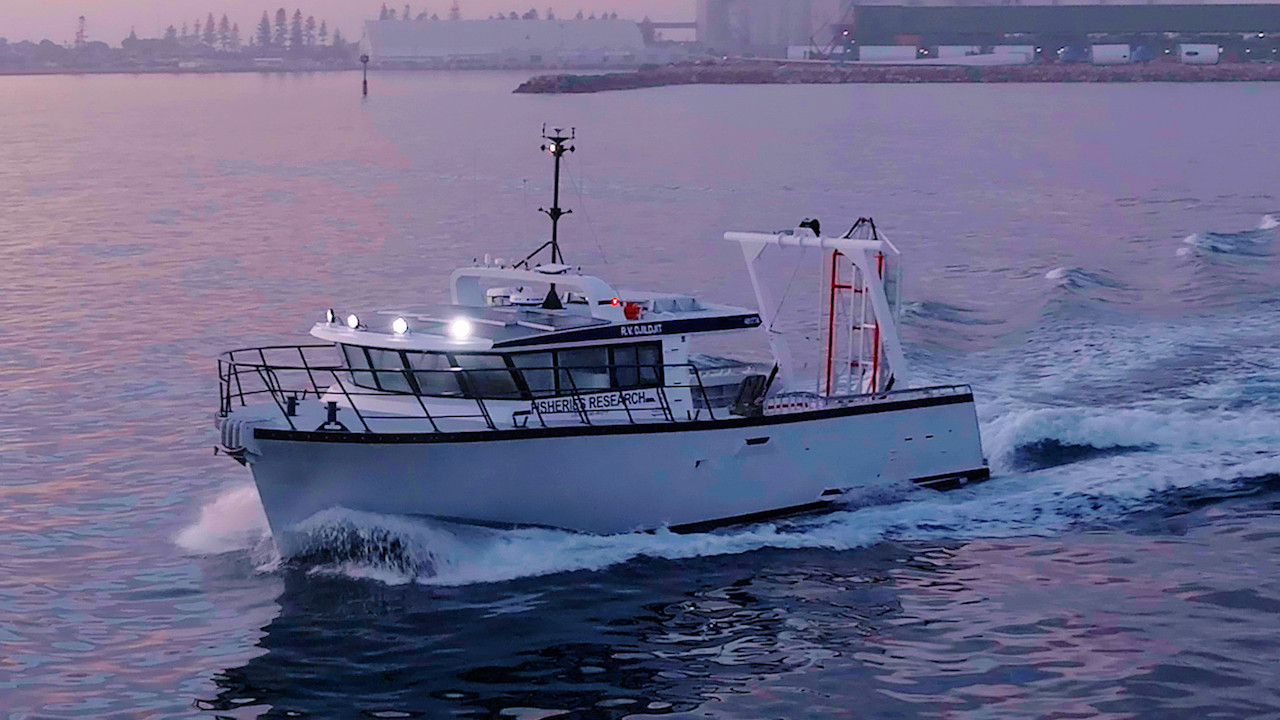Built for the Australia state’s Department of Primary Industries and Regional Development (DPIRD) by Dongara Marine, the new 18.6 metre fisheries research vessel Djildjit Kaartadjiny will undertake fisheries research and science activities throughout Western Australian waters, replacing DPIRD’s ageing research vessel George Cassels.
Compared to the older craft, the new 18.60-metre aluminium monohull provides a larger multi-purpose research platform to perform a broad range of research, stock assessment and science monitoring tasks.

It can handle and deploy a variety of specialised research equipment including fish traps and crustacean pots, baited remote underwater video (BRUVs), remotely operated vehicles (ROVs) and towed underwater survey cameras.
Developed by Southerly Designs and Dongara Marine using the South Australian commercial fishing boat Raging Bull delivered in 2021 as a basis, the Djildjit design features a low profile, extended wheelhouse forward of an extensive aft work deck equipped and arranged to support these diverse operational needs.
This includes an A-frame, deck crane, pot winch and pot tipper. The deck structure and hydraulic systems also enable DPIRD to fit other deck equipment such as trawl winches and longline drums when research needs require.
The hydraulically operated A-frame is custom designed and manufactured to enable deployment of heavy equipment and nets weighing up to three tonnes. Also fitted at the transom is a folding stern launch and recovery ramp, which can be removed when not required.

‘Along with the generous clear deck length and width, this stern launch arrangement provides RV Djildjit with the capability to deploy and retrieve a variety of auxiliary vessels up to six metres in length,’ explained Dongara Marine’s Managing Director Rohan Warr.
The new research vessel was named Djildjit Kaartadjiny in consultation with Noongar (indigenous) elders; Djildjit Kaartadjiny, meaning knowledge and understanding of aquamarine fish or fisheries research.
As DPIRD expects Djildjit to operate for up to 15 days at sea at a time, Rohan Warr said Dongara Marine devoted significant time and resources to ensure comfort and convenience for those on board.
‘In addition to finishes and fittings that would be considered exceptional in most work boats, a range of specific features enhance habitability. These include maximised use of all spaces, including extensive storage throughout; excellent natural and artificial lighting; a high capacity water-cooled marine air conditioning system from Webasto with separate self-contained units for the wheelhouse and lower deck accommodation; and application of noise abatement materials to produce very quiet living and working spaces,’ he said.

To support extended voyages the research vessel has tanks for 7600 litres of fuel – expected to provide a range above 800 nautical miles at 16 knots – and 500 litres of fresh water. This is supplemented by up to 130 litres per hour from an Idromar Mini Compact Junior watermaker. Tanks aft on each side, accessed through the deck, are dual purpose: mostly used to containerised fuel for the auxiliary vessel’s outboards, they are also plumbed for use as live tanks for rock lobster.
DPIRD selected the option of a single MAN D2862 LE426 main engine rated at 1140 kW and driving a five-bladed Veem propeller through a ZF 3000 gearbox.
During trials the loaded vessel achieved a full power speed of 24.5 knots and cruised comfortably and economically at 18.5 knots. According to Rohan Warr, both these speeds exceeded the operational requirements expressed in the request for tender. The gearbox is fitted with trolling valves to support extended low speed operation.
Also drawing on the fuel is a 31kVA Mase Mariner 3000 generator set. A substantial solar panel array is also fitted on the wheelhouse roof to supplement electrical power generation capability.
With manoeuvring and precise positioning being important for research work, Djildjit is fitted with a large rudder and two Sleipner side thrusters: an SH320 forward and SH240 aft.





